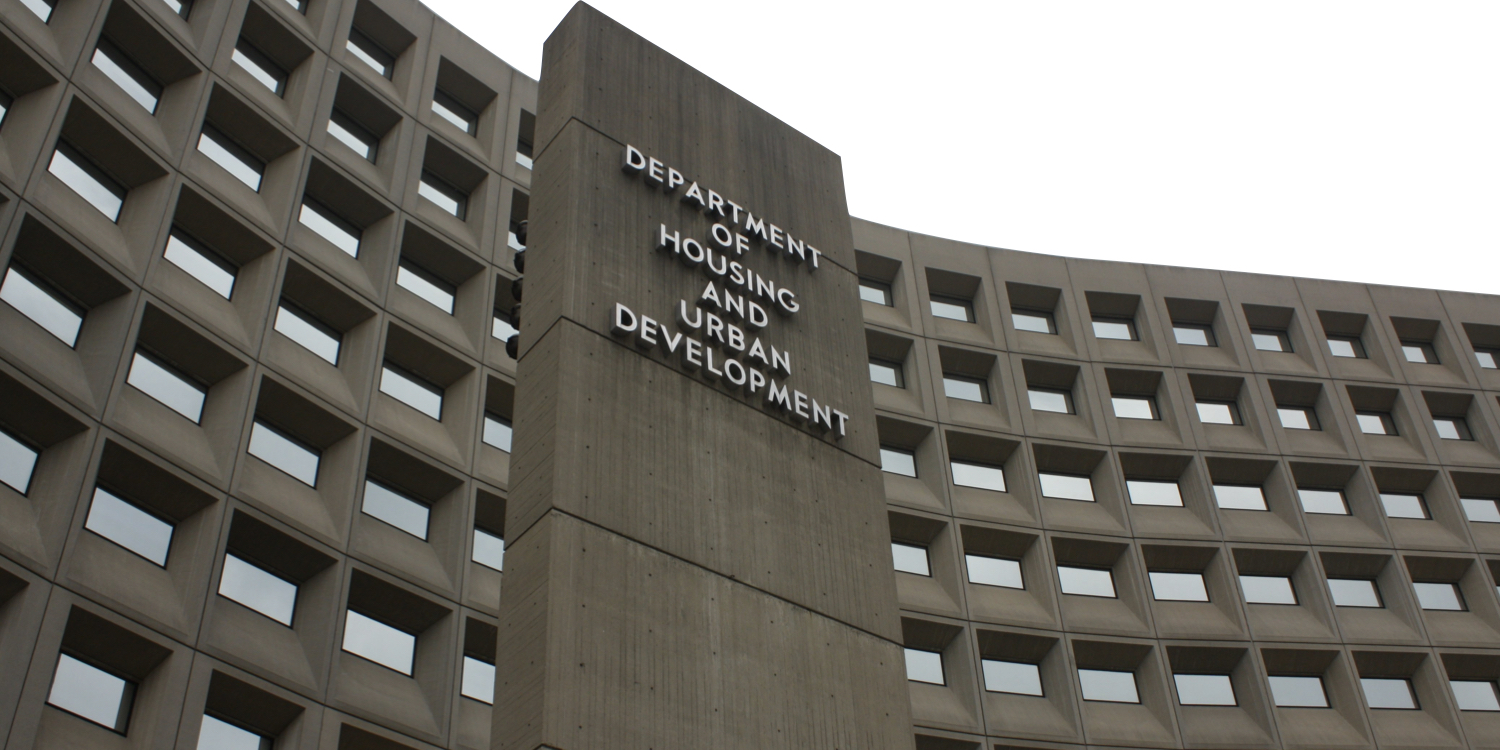While Australia has one of the most robust government pension programs in the world many Australians are unprepared for retirement not unlike older homeowners in the U.S.
Continue readingAustralians are flocking to reverse mortgages
After two years of engagement and feedback from HECM lenders, servicers, consumer advocates, and other housing industry participants the Federal Housing Administration (FHA) released its updated handbook which consolidates HECM policies.
Continue readingEven Australians face reverse mortgage reluctance
Unable to use the embedded player? Listen here.
EPISODE #680
Data shows advisers in Australia reluctant to discuss equity release strategies
“New research has found that financial advisers are not considering the government’s Pension Loan Scheme (PLS) when developing strategies for retirees.”
Other Stories:
-
Reverse Market Insights ‘Market Minute’
- MarketWatch: Should seniors get a reverse mortgage?
Homeowners Marooned
Australia’s cautionary tale for America
[Download transcript] It’s said that nature abhors a vacuum. In the case of Australia, the question is who will fill it? Like an episode of Lost, senior homeowners in Australia now find themselves marooned being unable to tap their equity with no monthly payments. “Retirees are being blocked from accessing the money trapped in their property as banks pull out of the reverse mortgage market, fueling a growing income inequality among older Australians”, writes columnist Eryk Bagshaw for the Sydney Morning Herald. We had reported the recent exit of Australian banks from reverse lending in the wake of several large bank exits, many who feared repetitional risks in the wake of several negative media stories.
Even retirees who made contributions to Australia’s superannuation fund find themselves facing poverty. The superannuation or super is Australia’s compulsory program which requires compulsory minimum contributions of a percentage of one’s income into a government-managed portfolio. Australia, like many developed countries, finds itself threatened by tax policies which limit tax-advantaged retirement savings contributions. Today Australia, like the United States, is grappling with how to keep their rapidly expanding older population from slipping into poverty. or placing a further strain on its social welfare programs.
...

Down Under: When lenders disappear
Australia: largest reverse mortgage lenders exit
What happens when reverse mortgage lenders suddenly disappear? Australia is instructive on what happens when lenders offering a needed loan to help seniors age in place suddenly disappear. Despite the strong criticism and negative media stories covering the loan, it would seem the need older homeowners down under remains. And despite increasing criticism of the program, one senior advocacy group laments the exit of the nation’s largest reverse mortgage lender Commonwealth Bank reports Reverse Mortgage Daily. Bankwest is also ceasing their reverse mortgage operations all which have left a handful of smaller lenders to offer the loan to Australia’s aging population.
Earlier in 2018, the Australian government opened discussions on the feasibility of offering government-backed reverse mortgages to all Australians over the age of 66 enabling them to age in place. Against the backdrop of a potential government product, the Australian Securities and Investments Commission opened an investigation into the financial health of reverse mortgages finding that 92% of over 100 files examined lacked any evidence that the broker or bank explained the risks to future financial security and repayment with the borrower.
Lender consolidation has complicated matters with five banks accounting for 99% of all reverse mortgages originated in the last two years. Why are Australian lenders exiting…
Filling the Gap: This week’s HECM news
Private reverse mortgages are filling the HECM gap. Australia opens the doors for reverse mortgages. Are we entering another housing bubble?
Continue reading










